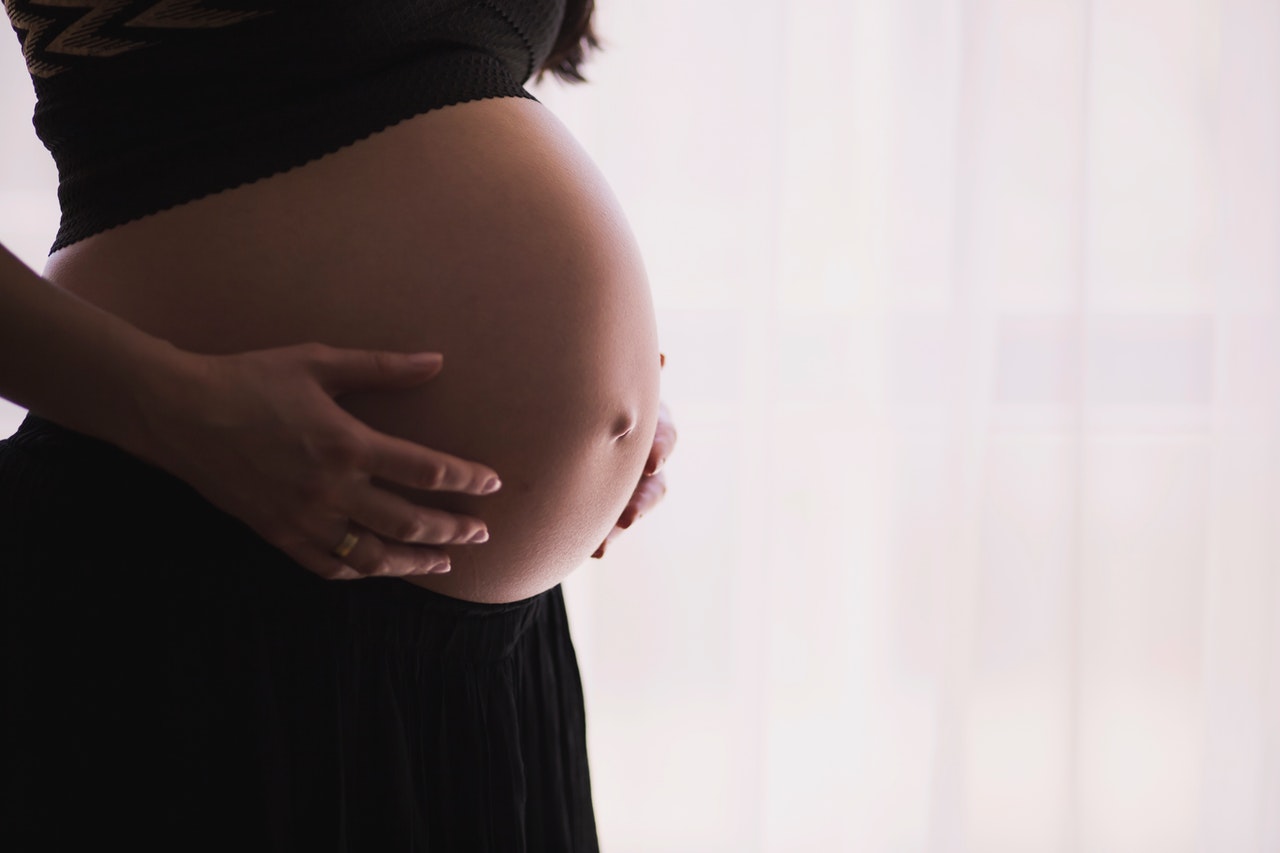
The fetus swims in the amniotic bubble, supplies via the umbilical cord, protected and shielded from external influences. What can happen to him here?
Apparently quite a lot. The mother’s lifestyle has a significant impact on the future of the unborn child. Whether it was exposed to environmental toxins, what life events occurred to the mother during pregnancy – all this leaves its mark on the body and soul of the child. Cancer, diabetes, depression, heart attack: the foundation of many sufferings is already laid in the womb. “This so-called prenatal programming determines the entire lifespan later on,” says researcher and obstetrician Holger Stepan from Leipzig.
Mother’s weight has a big impact on the child
In recent years, many studies have shown that it has a big impact on the child, how much the mother weighed before and during pregnancy. Children of very overweight women with a body mass index (BMI) of more than 30 are at risk of becoming fat themselves later. The same applies to children of mothers suffering from gestational diabetes. Due to the disturbed insulin production of the mother, the unborn is almost inundated with too much sugar. The child’s pancreas must therefore form more insulin to cope with high blood sugar levels. This in turn stimulates the growth of adipose tissue.
Baby benefits from healthy eating
Apparently, the mother’s diet even influences how powerful the offspring will be later. This was shown by a study by the German Institute for Nutritional Research in Potsdam-Rehbrücke. Researchers fed some of their experimental mice with high-fat food, and the other rodents received low-fat food. The result: The offspring of the high-fat mothers were later only half as fit as the others in an endurance test. The poor performance, the explanation says, is probably related to disorders of fat and sugar metabolism.
It’s not just the children of heavyweight mothers who become fat. Even those who are born too small because they have not been optimally cared for via the placenta, for example, carry a greater risk of obesity and cardiovascular disease. For example, a British study found that children with a birth weight of less than 2500 grams are more likely to suffer from high blood pressure in later life. One possible explanation: damage to the kidney caused by the lack of care in the womb.
Doctors can counteract risks
The good news: “The fetal programming can be partly averted,” says Stepan. He advises all very overweight mothers to lose weight before pregnancy. “Light obesity, on the other hand, is not a problem,” the researcher said. In case of gestational diabetes, it is important to achieve good blood sugar levels – then it does not affect the child. Lightly born children used to be raised as quickly as possible. Doctors like Stepan advise against this today: “We now know that this is counterproductive because the body gets used to a far too high calorie intake.”
Stress and pollutants are harmful to the child
What researchers also know today: Even unborn babies are small little souls. They save when their mother is not doing well, for example, she experiences something stressful, suffers from too much stress or is mentally ill. “How the mother is doing plays an important role in the later stress regulation of the child,” says Dr. Margarete Bolten from the child and adolescent psychiatric clinic at the University of Basel. In other words, if the mother is stressed, this leads to the child later reacting rather restless and crying, screaming more often and sleeping worse than other children. Measurably, these children release more stress hormones than others – an effect that can last for life and later lead to mental health problems, such as depression.
“Alcohol, nicotine and other drugs had a similar effect,” explains Margarete Bolten. Studies also show, however, that prenatal experiences can be mitigated in later life. For example, when a mother sensitively responds to the needs of her newborn child, she learns over time to better control her feelings. Even if a lot is decided in the womb: “The imprint after birth is at least as sustainable as during pregnancy,” says the expert.
